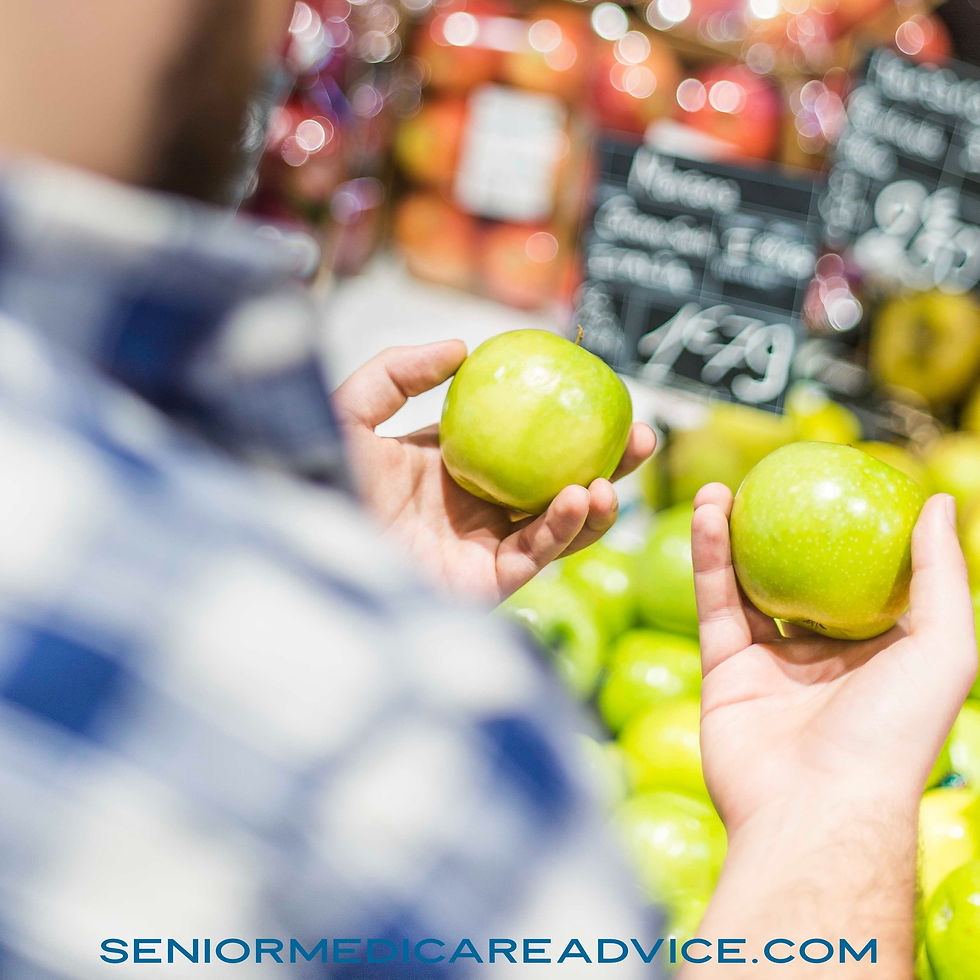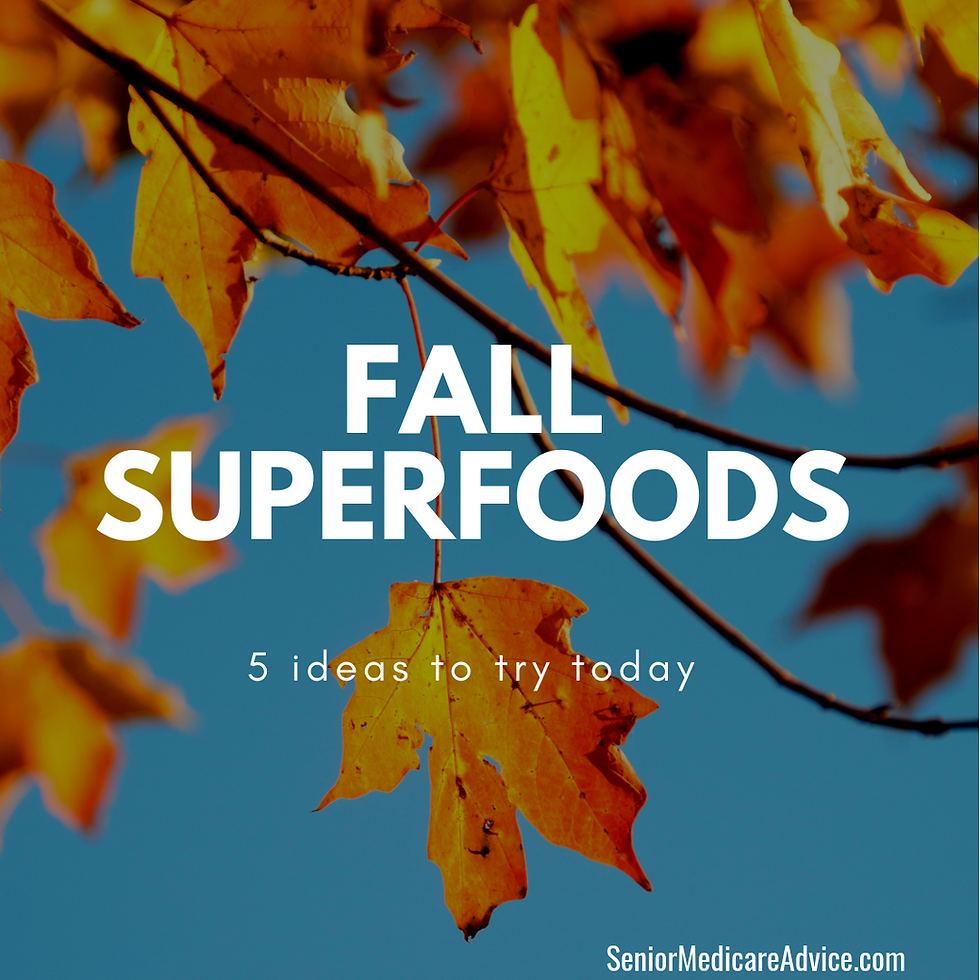Shopping organic and natural
- Michael Meyers
- Dec 9, 2019
- 2 min read

First let us discuss what organic means. The word "organic" is simply the way farmers grow and process products (fruits, vegetables, grains, dairy, and meat). Organic farming is meant to reduce pollution, maintain healthy livestock, soil and water conservation, and they work with the environment to maintain a healthy balance of the ecosystem. To meet the standards of "organic" synthetic fertilizers, synthetic pesticides, genetic engineering, antibiotics, and the use of growth hormones are not permitted.
Many get the words "natural" and "organic" confused. Natural is not the same as organic meaning the word "natural" on a label means the product has no artificial colors, flavors or preservatives. It does not refer to the methods or materials used to produce the food ingredients.
Studies have shown that organic fruits and vegetables are often too pricey for some so they simply avoid produce all together. It is also important to note that not all produce needs to be exclusively organic to be healthy. Researchers have put together lists of the most pesticide containing fruits & veggies called DIRTY DOZEN and the least containing pesticides called THE CLEAN 15. These lists are great to take with you on your shopping trips to know when to buy organic and when it’s okay to buy conventional.
THE DIRTY DOZEN
Buy these organic whenever possible – Updated 2019
Strawberries
Spinach
Kale
Nectarines
Apples
Grapes
Peaches
Cherries
Pears
Tomatoes
Celery
Potatoes
THE Clean 15
Avocados
Sweet Corn
Pineapples
Sweet Peas
Frozen Onions
Papayas
Eggplants
Asparagus
Kiwi
Cabbage
Cauliflower
Cantaloupe
Broccoli
Mushrooms
Honeydew Melons
If you cannot afford to buy from the clean 15 you can substitute it with something that’s in season and a lower price; for instance, fresh organic strawberries will be very expensive in November, whereas fresh organic apples will be a better price because they’re a fall food. Always just do the best you can when it comes to the choices you make regarding your food and remember that fresh produce is always better than not buying any produce at all.
Washing produce doesn’t necessarily get rid of all pesticides and chemicals as it grows into the entire plant, but it can reduce your risk and exposure so be sure to always wash everything thoroughly. Frozen fruits and veggies are also a great alternative to fresh. They can be more cost effective and keep for months in the freezer. Frozen organic blueberries and strawberries are a lifesaver for smoothies too.
Keep these lists on your phone or print a copy to take to the store with you. You could also save the list in your notes app of your phone for easy, quick reference.
Happy, healthy shopping!







Comments